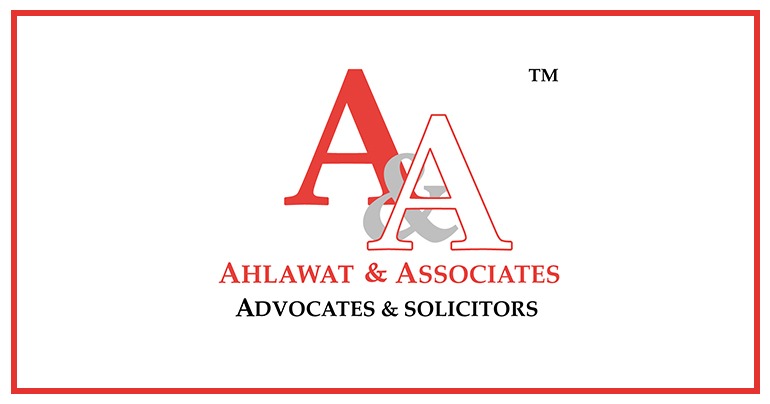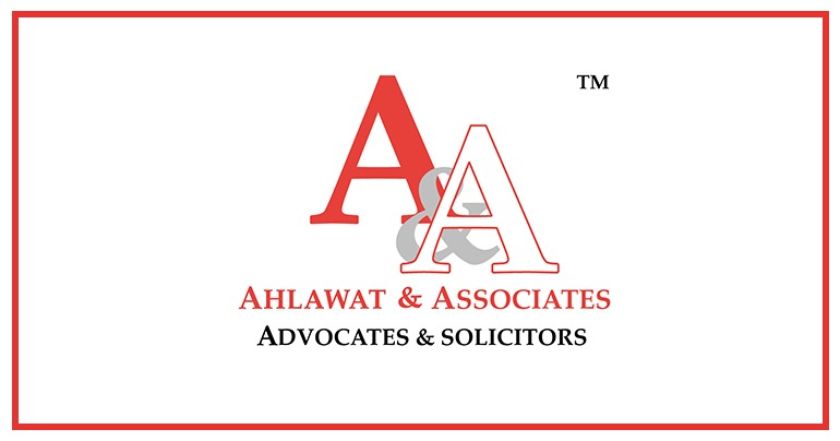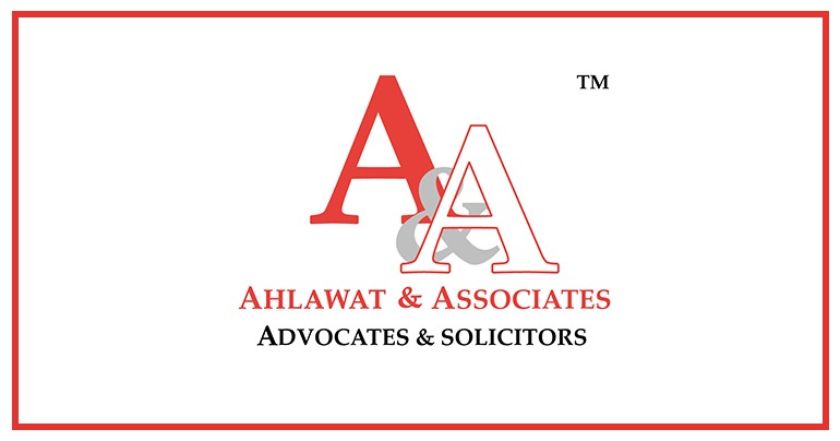
 Ashneet Hanspal
Ashneet Hanspal
 June 13, 2022
June 13, 2022
The Ministry of Electronics and Information Technology (“IT Ministry”) has (on June 6, 2022) released the proposed draft amendment to the Information Technology (Intermediary Guidelines and Digital Media Ethics Code) Rules, 2021 (“IT Rules, 2021”) for public consultation.
The existing IT Rules, 2021 (which were notified on February 25, 2021) set out various compliances for intermediaries (including social media intermediaries, significant social media intermediaries, publishers of online curated content and publishers of news and current affairs).
The draft amendment is accompanied with a press note specifying that the objectives behind the proposed amendment are to inter-alia address the “challenges and gaps” in (Part-I and Part-II of) the IT Rules, 2021 vis-à-vis “Big Tech platforms”. The draft amendment inter-alia expands the scope of due diligence obligations of all intermediaries, and revises the grievance redressal mechanism proposed thereunder, as detailed below.
Presently, under IT Rules, 2021, all intermediaries are required to publish “rules and regulations, privacy policy and user agreement” on their platforms, through which the user (of such platform) is informed not to “to host, display, upload, modify, publish, transmit, store, update or share” certain restricted content, as detailed under the IT Rules, 2021 (including defamatory, obscene, pornographic content etc.) (“Restricted Content”). The draft amendment, however, also requires an intermediary to “ensure” that its users comply with all such user agreements, policies, and rules/regulations; and to “cause the user” not to “host, display, upload…” etc. the Restricted Content.
The draft amendment also adds two new clauses in the IT Rules, 2021, under the terms of which an intermediary is required to, respectively: “take all reasonable measures to ensure accessibility of its services along with reasonable expectation of due diligence, privacy and transparency” to its users; and to “respect the rights accorded to citizens under the Indian Constitution”.
Further, the draft amendment shortens the timelines (in some scenarios) within which an intermediary is expected to deal with user(s) grievances. Under the grievance redressal mechanism detailed in the IT Rules, 2021, all intermediaries are presently required to appoint a grievance officer to acknowledge user(s) complaints within twenty-four hours. The draft amendment specifies that these shall include any complaints pertaining to “suspension, removal, blocking of any user or user account” and/or any complaint from a user requesting the “removal of information or communication link” pertaining to the Restricted Content.
The draft amendment also requires intermediaries to act upon/redress any user requests for removal of Restricted Content from the intermediary’s platform within seventy-two hours (as opposed to the general fifteen-day redressal timeline under the IT Rules, 2021). It is also mentioned that intermediaries may develop “appropriate safeguards” to prevent misuse (of the grievance redressal mechanism) by users.
Importantly, the draft amendment states that one or more “Grievance Appellate Committees” shall be constituted by the Indian Government; and that any person aggrieved by an order passed by a grievance officer, may prefer an appeal to the relevant Grievance Appellate Committee (having jurisdiction in the matter) within thirty days of receipt of the communication from the grievance officer. It is provided that the Grievance Appellate Committee must “endeavor” to resolve an appeal within thirty days of its receipt from the user; and that an intermediary must comply with the decision of such Committee. Further, it is clarified that the constitution of such Committee(s) is meant to allow users to seek an alternative redressal mechanism, without needing to directly seek judicial remedy. The user would however retain the right to seek judicial remedy at any time.
Moreover, the draft amendment specifically requires “significant social media intermediaries” to provide users with an “adequate and reasonable opportunity” to dispute the action(s) taken by such intermediaries, including, allowing a user to request reinstatement of access to any content which is taken down by the intermediary. The relevant intermediary is required to resolve such user requests within the new timelines prescribed for redressing user grievances under the draft amendment.
The IT Ministry has invited all public stakeholders to submit comments (on the provisions of the draft amendment) within thirty days from June 6, 2022; and has further announced that a formal public consultation shall be held in mid-June.

The Ministry of Electronics and Information Technology have notified three Grievance Appellate Committees under the Information
View More
The state of Chhattisgarh has notified the Chhattisgarh Gambling (Prohibition) Act, 2022, replacing the erstwhile statute -
View More
The draft Digital Personal Data Protection Bill, 2022 (“DPDP Bill”) was published for inviting comments from the public and stakeholders
View More















 Cookies Consent
Cookies ConsentWe use cookies to help you navigate efficiently and perform certain functions. You will find detailed information about all cookies under each consent category below. Read more...
 Cookies Consent
Cookies ConsentWe use cookies to help you navigate efficiently and perform certain functions. You will find detailed information about all cookies under each consent category below. Read more...

